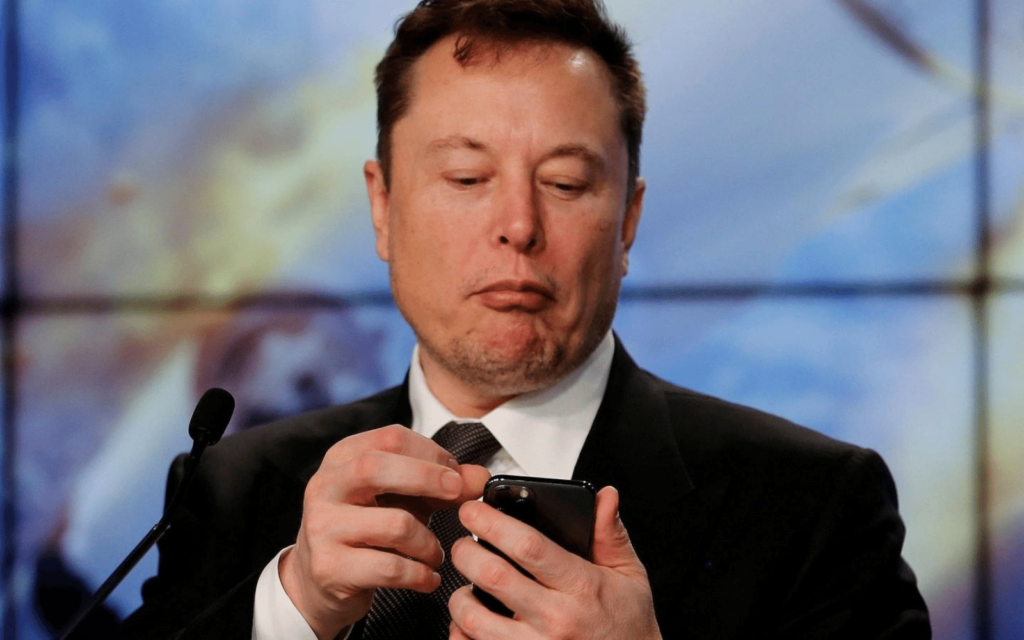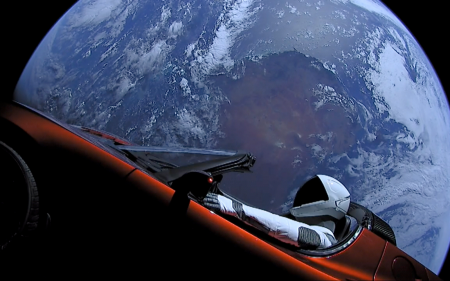And then Elon Musk wasn’t buying Twitter. As tech stocks had a torrid week and their share prices slid, Musk tweeted last Friday that the deal was “temporarily on hold”.
His reason was “pending details supporting calculation that spam/accounts do indeed represent less than 5% of users,” and tweeted a Reuters article. About two hours later, he tweeted: “Still committed to acquisition.”
Clear as mud? Yes. Normal Musk contradictory behaviour? Yes. Likelihood of many turns and/or about-turns? Definitely. Will I still be writing columns about whether Pretoria’s most famous former resident in several months’ time?
So what is the reasoning or the “temporarily on hold” strategy? It seems obvious, especially when much of the $44 billion purchase price is coming from Musk’s own pocket, as it were, that he is trying to get a better price. Many commentators have pointed out Big Tech has taken a pasting recently, and tech stocks are down across the board.
If Musk’s lawyers can prove Twitter’s bot problem represents over 5%, can he walk away from the deal? According to his agreement, this is possible only if that inaccuracy in its security filings has a “material adverse effect” on Twitter, say commentators.
Remember the 5% equates to 11,45 million of its 229 million daily active users – potentially meaning many millions more of Twitter’s users could be fake accounts or bots.
More likely, it seems Musk may try to negotiate a cheaper sale price than the weed-joke $54.20 he offered, especially after it lost value when Musk tweeted it was “temporarily on hold”.
Everything was already clear as mud, by the time Musk seemingly revealed Twitter’s confidential sample size: “To find out, my team will do a random sample of 100 followers of @twitter” which has 61-million followers. “I invite others to repeat the same process and see what they discover.”
This “violated” his non-disclosure agreement. He later said he was told by Twitter’s legal team. Then, in Musk’s usual fashion, after someone asked if he was a bot, Musk replied: “I’m a bot & so’s my wife”.
A day after this “on hold” tweet, Musk took aim at Twitter’s algorithms, claiming people “are being manipulated by the algorithm in ways you don’t realise. Easy to switch back & forth to see the difference.”
Co-founder and former CEO Jack Dorsey responded that “it wasn’t designed to manipulate. It was designed to catch you up and work off what you engage with.” He admitted “that can def have unintended consequences tho [sic] which is why one should be able to choose if they use an algo or not, and which one.”
Musk responded that “I am not suggesting malice in the algorithm, but rather that it is trying to guess what you might want to read and, in doing so, inadvertently manipulate/ amplify your viewpoints without you realising this is happening”.
That was just Friday and Saturday.
Meanwhile, Tesla’s valuation, which was down 25% since Musk announced his Twitter bid, soared 6.3% on Friday – as anxious investor clearly hoped Musk would get back to his stated aim of saving humanity.




